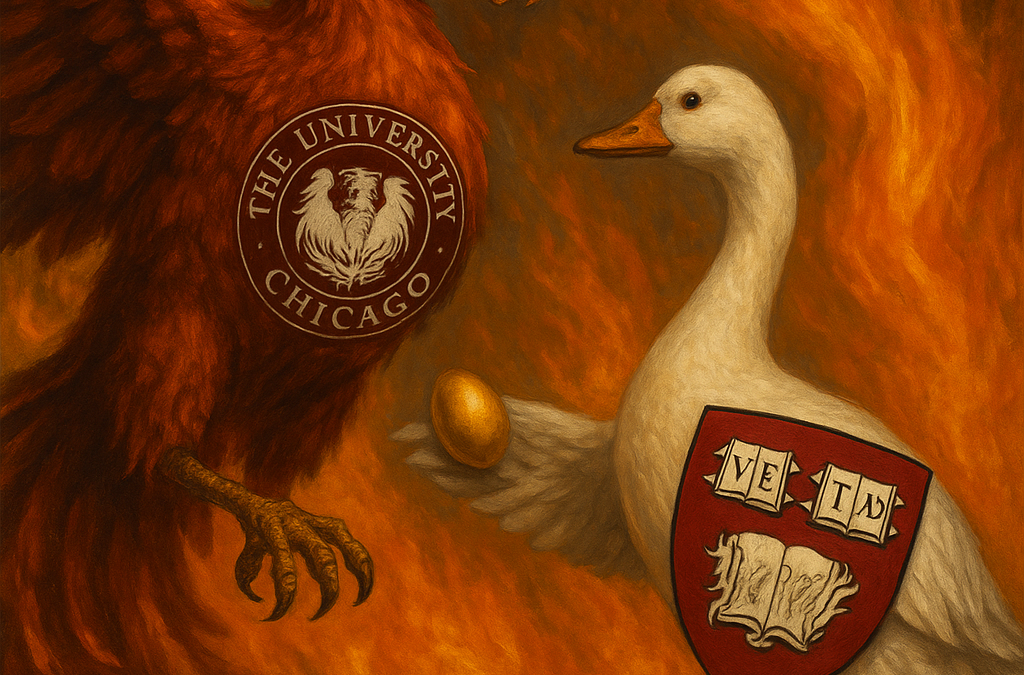This is the first of a series of guides that I’ll be publishing for students about A Levels in Malaysia (and beyond)!
This guide is tailored with an audience of students in mind, although it can be read and understood by parents – I will speak in the second person though, so that it’s clear that I’m directly speaking to students themselves.
I know that many of you have embarked onto this journey with purpose and moreover that many of you have achieved your dreams and desired outcomes – this guide is more for you if you are still searching and at the beginning of that process, and is written to reflect the considerations that you might think about at the outset of that process.
Feel free to share it if you think that it is valuable (or not) – I’ll be writing a few more of these as I think it’s important and will provide value to students who are taking A Levels; feedback from parents, students, teachers, and school administrators is also much welcomed as part of the process of making these guide(s) better.
Ready? Let’s go!
Introduction:
Selecting the right A-Level subjects is crucial for you, as it can impact your university applications and future career choices.
The guide aims to help you choose your subjects wisely, considering the requirements of universities in the US, UK, Malaysia, and also your interests, capabilities, and abilities.
Here are some specific tips for subject selection:
- Evaluate your strengths and interests:
Before selecting subjects, take time to reflect on your academic strengths and interests.
Consider subjects you excel in or enjoy learning, as this will make your A-Level journey more enjoyable and increase the likelihood of achieving high grades; if you choose subjects just because you think that your university will require them or because someone told you that it was a good idea but you have no interest, you probably will find it very difficult because A-Levels are academically intense and require a lot of commitment. - Research university course requirements:
At the same time, it’s likely that if you choose to take A Levels that you have a specific goal or intention in mind.
Ensure that you investigate the entry requirements for the courses you’re interested in pursuing at university well in advance.
Some courses may require specific A-Level subjects, while others may simply require a minimum number of A-Level passes. Keep these requirements in mind when selecting your subjects as they are important – you don’t want to get to university applications stage only to realize that you can’t get admission to your first choice course because your subject combination doesn’t work! - Choose a mix of subjects:
A well-rounded subject selection can enhance your university application and improve your chances of being accepted. Consider choosing a combination of subjects that align with your interests and demonstrate a range of skills, such as analytical, problem-solving, and communication abilities. - Consider your subject combinations in context:
Certain subject combinations are better suited for specific university courses. Here are some examples:
- Engineering: Mathematics, Physics, and Chemistry
- Medicine: Biology, Chemistry, and either Physics or Mathematics
- Business/Accounting: Mathematics, Economics, and Business Studies
- Law: English Literature, History, and either Law or a humanities subject
- Social Sciences: Psychology, Sociology, and Geography or History
It’s not a sure thing that just because you take math and further math that you’ll end up studying engineering – there are some people who take these subjects and go and study law instead.
It’s worthwhile to note that some universities do specifically require some subjects though (see #3).
5. Consult your school counselor or teachers:
Speak with your school counselor or teachers for guidance on A-Level subject selection.
They can provide insights into specific subjects and help you make informed decisions based on your interests and academic goals.
This is an A Levels group and it is meant to *support* your journey, but it won’t replace the importance of maintaining a good relationship with your counselor’s office, bringing what you understand about the process in contact with their office so that together, you can achieve a better result.
Also, consider that some schools and teachers have reputations for being good at delivering or teaching specific subjects (Example: HELP is extremely famous for its Psychology department) and that in some schools, certain subjects may not be available in certain schools.
6. Always plan for your future and keep your options open:
Always, always, always consider what you are doing and why you are doing it. Be intentional about that and it will help you go where you wish to go – you are taking A Levels, right? Why are you doing that? What’s the specific value add? How is it going to help you and why didn’t you do something like SAM, STPM, IB, or otherwise instead?
It’s good to sometimes take a moment to evaluate some of these things and it’s also okay to not immediately know the answers – but do make sure that you think about them in the free time that you do have.
If you’re unsure about your future career path or university course for example, choose subjects that offer flexibility and cater to a range of disciplines. For example, Mathematics, English Literature, and a science subject can provide a solid foundation for various fields and meet numerous requirements.
Conclusion:
Selecting A-Level subjects is an important step in your academic journey. By considering your interests, strengths, university requirements, and potential career paths, you can make informed decisions that will set you up for success.
Don’t be afraid to seek advice from teachers and counselors, as they can offer valuable guidance and support.
And that’s it!
Thank you for reading if you made it to the end of this piece; feedback and suggestions are greatly welcomed ![]()


